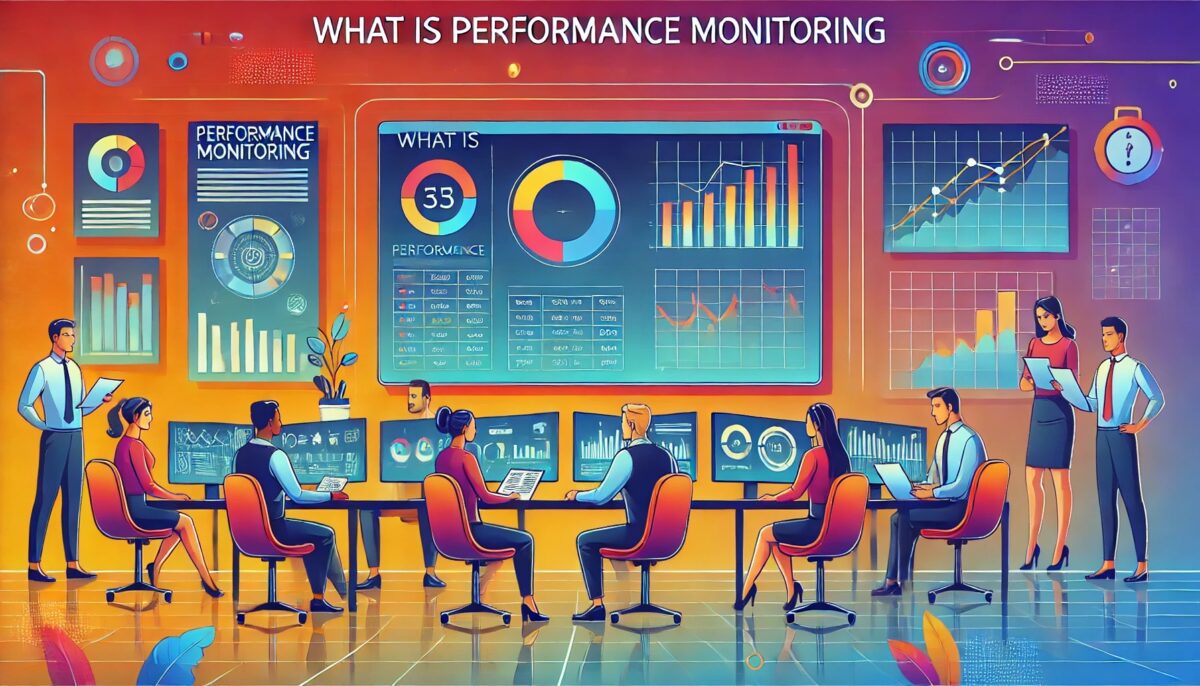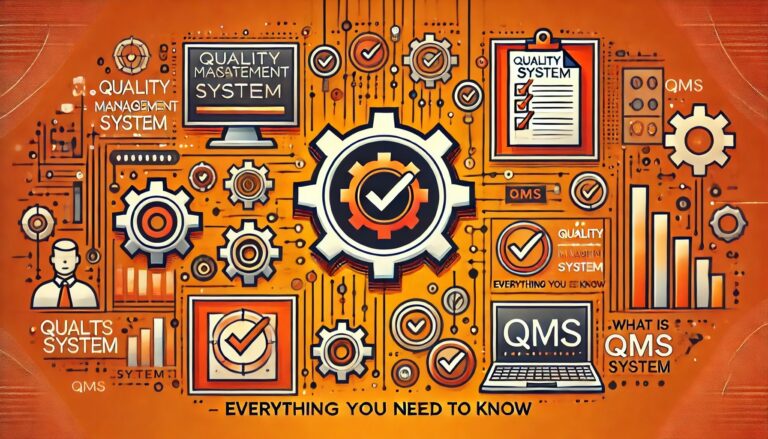Introduction
In the dynamic landscape of business operations, where efficiency and effectiveness are paramount, performance monitoring plays a pivotal role. This comprehensive guide explores the nuances of performance monitoring, its significance in the Indian context, and how organizations can leverage it to drive success.
Understanding Performance Monitoring
Performance monitoring encompasses the systematic tracking and evaluation of various metrics and indicators to assess the performance of an organization, department, process, or individual. It provides valuable insights into how well objectives are being achieved and where improvements can be made. In essence, it serves as a compass guiding organizational strategy and operational decisions.
The Significance of Performance Monitoring
Strategic Alignment and Goal Achievement
Performance monitoring ensures that organizational activities align with strategic objectives. By tracking key performance indicators (KPIs) related to financial performance, operational efficiency, customer satisfaction, and more, businesses can gauge their progress towards goals. In India, where diverse industries operate amidst competitive pressures, strategic alignment is crucial for sustainable growth.
Operational Efficiency and Process Improvement
Effective performance monitoring identifies inefficiencies and bottlenecks within processes. For instance, manufacturing companies can monitor production rates, downtime, and defect rates to optimize their operations. In India’s manufacturing sector, where rapid industrialization and global competition prevail, efficient operations are instrumental in maintaining competitiveness.
Employee Productivity and Engagement
Monitoring individual and team performance fosters a culture of accountability and productivity. By setting clear expectations and providing timely feedback based on performance metrics, organizations in India can enhance employee engagement and motivation. This is particularly relevant in sectors like IT services and BPOs, where workforce performance directly impacts service delivery and client satisfaction.
Compliance and Risk Management
Performance monitoring helps organizations stay compliant with regulatory requirements and manage risks effectively. Industries such as banking and healthcare in India rely heavily on monitoring financial transactions, patient outcomes, and adherence to safety protocols to mitigate risks and ensure regulatory compliance.
Key Components of Performance Monitoring
Establishing Clear Metrics and KPIs
Choosing the right metrics is critical for meaningful performance monitoring. Metrics should be specific, measurable, achievable, relevant, and time-bound (SMART). In India, sectors like e-commerce and telecommunications define KPIs such as customer acquisition costs, churn rates, and network uptime to track performance effectively.
Data Collection and Analysis
Effective performance monitoring requires robust data collection mechanisms and analytical tools. Organizations leverage data analytics platforms to gather real-time data, conduct trend analysis, and generate actionable insights. In India’s burgeoning startup ecosystem, data-driven decision-making is pivotal for scaling operations and attracting investment.
Performance Reporting and Visualization
Presenting performance data in a clear and accessible manner is essential for stakeholders to make informed decisions. Dashboards and reports with interactive visualizations enable executives and managers to monitor trends, identify patterns, and take corrective actions promptly. In India, sectors like retail and hospitality use advanced reporting tools to enhance customer experience and optimize revenue streams.
Challenges in Implementing Effective Performance Monitoring
Data Quality and Integration
Ensuring data accuracy and consistency across diverse sources remains a challenge for many organizations in India. Integration of disparate systems and legacy technologies often complicates data management efforts, affecting the reliability of performance metrics.
Cultural and Organizational Resistance
Resistance to change and lack of buy-in from employees can hinder the adoption of performance monitoring practices. Organizations must invest in change management initiatives and employee training to foster a culture of data-driven decision-making.
Privacy and Security Concerns
With increasing data privacy regulations globally and in India (such as GDPR and Indian Data Protection Bill), organizations must prioritize data security and compliance while implementing performance monitoring systems.
Best Practices for Effective Performance Monitoring
Continuous Improvement and Adaptation
Performance monitoring is not a one-time exercise but a continuous process of refinement and adaptation. Organizations should regularly review KPIs, update metrics based on changing business dynamics, and incorporate feedback from stakeholders to enhance effectiveness.
Investment in Technology and Expertise
Deploying advanced analytics tools and hiring skilled data analysts are crucial investments for successful performance monitoring. In India’s tech-driven environment, leveraging AI and machine learning capabilities can unlock deeper insights and predictive analytics for proactive decision-making.
Collaboration and Transparency
Promoting collaboration between departments and fostering transparency in performance metrics fosters a cohesive organizational culture. Cross-functional teams in India’s corporate sector can leverage shared insights to achieve common goals and drive collective success.
Conclusion
In conclusion, performance monitoring is indispensable for organizations seeking to optimize efficiency, mitigate risks, and achieve strategic objectives in the Indian market. By embracing a data-driven approach and leveraging technological advancements, businesses can navigate challenges, foster innovation, and propel growth in an increasingly competitive landscape. As India continues to emerge as a global economic powerhouse, effective performance monitoring will play a pivotal role in shaping the success stories of tomorrow’s enterprises.
Embracing performance monitoring isn’t just about tracking numbers; it’s about empowering organizations to make informed decisions, drive operational excellence, and lead with confidence in India’s dynamic business environment. By prioritizing performance monitoring, businesses can pave the way for sustainable growth and long-term success in the evolving Indian economy. This editorial piece aims to provide a comprehensive overview of performance monitoring, combining theoretical insights with practical implications for businesses across diverse sectors in India and beyond.








